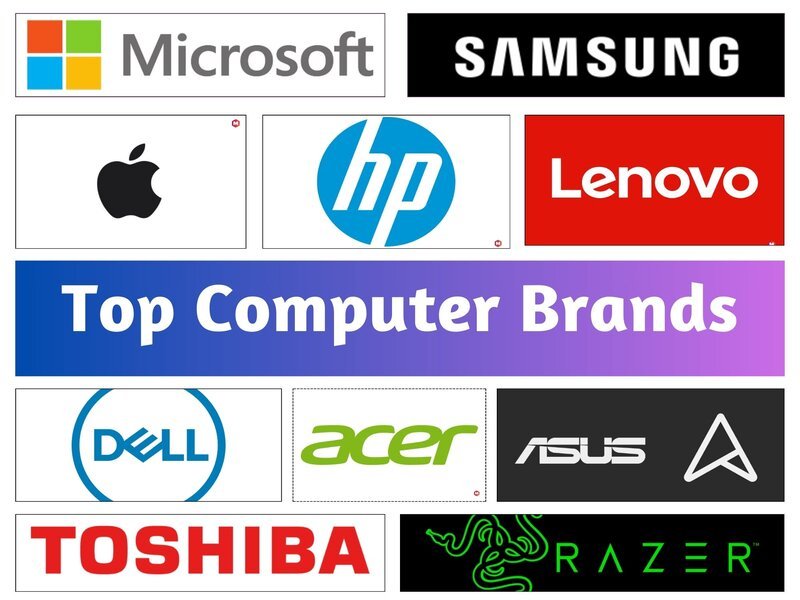A high-severity vulnerability (CVE-2024-0762) has been discovered in the firmware (UEFI) of many popular PC models from major brands like Lenovo, Acer, Dell, and HP. This flaw could allow attackers to gain persistent, undetectable control over affected systems.

Understanding the Threat:
- UEFI Vulnerability: The flaw resides in the Phoenix SecureCore implementation of UEFI, a low-level firmware that boots your computer before the operating system takes over.
- Potential Impact: Attackers exploiting this vulnerability could potentially:
- Gain Root Access: Infect the system at a very deep level, granting them complete control over the hardware.
- Evade Security Measures: Bypass traditional antivirus and anti-malware software due to the deep-rooted nature of the infection.
- Persistent Threat: Remain hidden even after a complete operating system reinstall.
Technical Breakdown (Simplified):
- Buffer Overflow: The vulnerability stems from improper memory allocation during a specific function call related to the Trusted Platform Module (TPM) configuration.
- Exploitation Method: By manipulating a variable size, attackers could potentially overflow a buffer and inject malicious code during the boot process.
Affected Devices and Patch Availability:
- Widespread Impact: Millions of PCs using Intel processors and Phoenix SecureCore firmware are potentially vulnerable. This includes various models from Lenovo, Acer, Dell, and HP.
- Patch Available: Phoenix Technologies released a patch in April 2024 to address this vulnerability.
Taking Action:
- Update Your UEFI Firmware: It’s crucial to update your UEFI firmware as soon as possible. Check your PC manufacturer’s website for specific instructions on how to update your firmware.
- Stay Informed: Monitor your PC manufacturer’s website for updates and ensure you have the latest firmware patch installed.
- Consider Additional Security Measures: Explore security solutions that offer advanced protection against firmware-level attacks, especially for high-risk systems.
Importance of Patching:
The critical nature of this vulnerability highlights the importance of keeping your firmware up-to-date. By patching this flaw promptly, you can significantly reduce the risk of having your system compromised by persistent malware lurking within the UEFI layer.
Media Disclaimer: This report is based on internal and external research obtained through various means. The information provided is for reference purposes only, and users bear full responsibility for their reliance on it. Summitsystemsissp assumes no liability for the accuracy or consequences of using this information.







